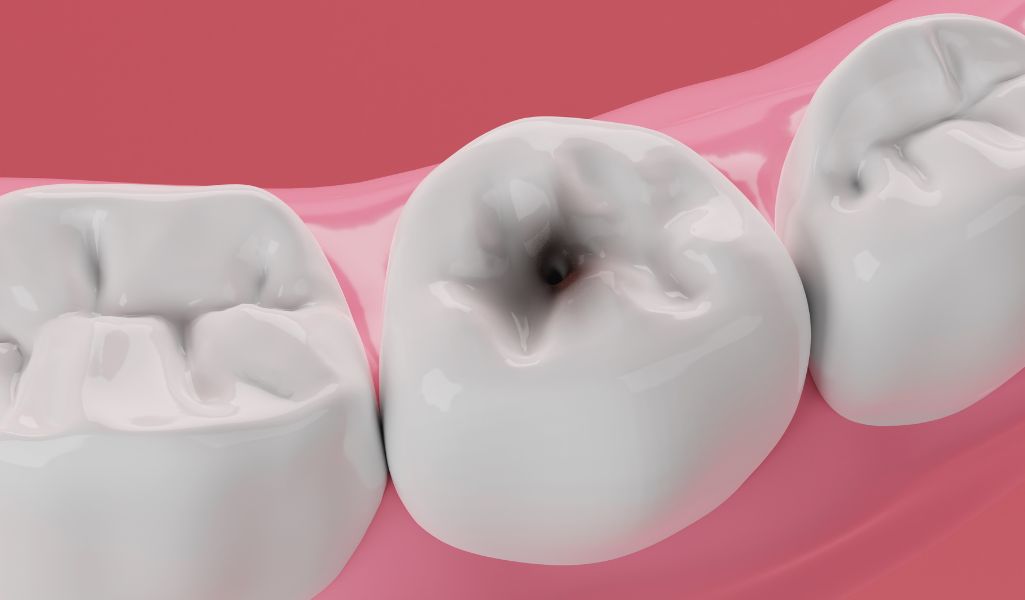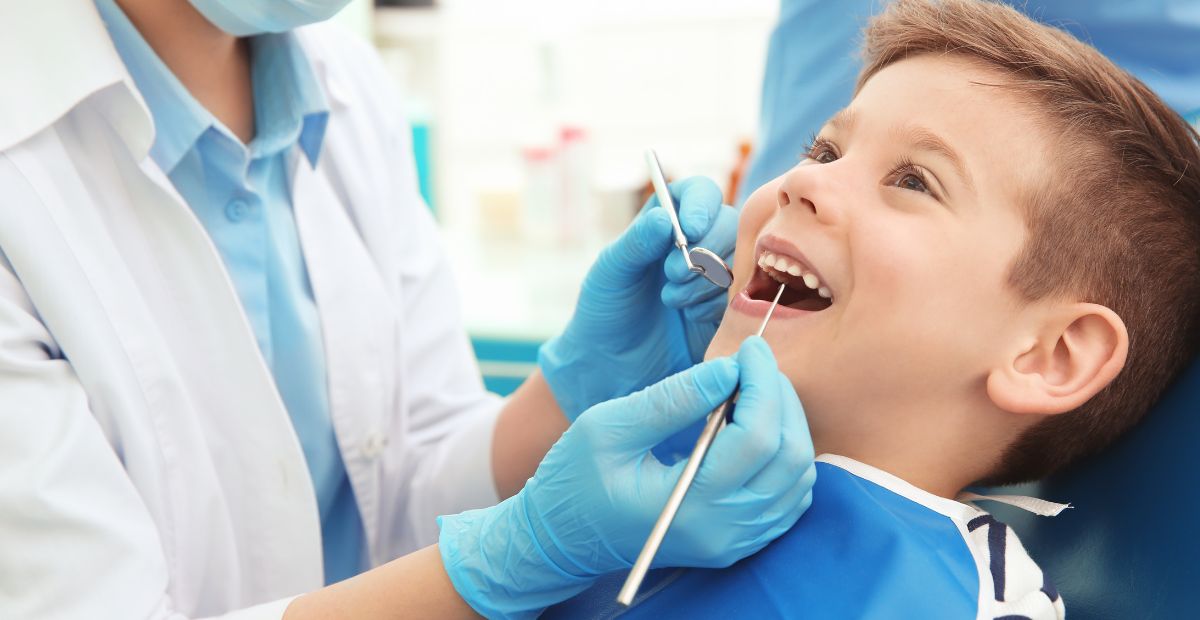A child's smile is a precious sight, reflecting their joy, innocence, and health. As a parent, one of the most important gifts you can give your child is a healthy smile. But did you know that taking care of your child’s oral health should begin long before their first tooth even erupts? Pediatric dentistry, a specialized branch of dentistry dedicated to the oral care of children from infancy through adolescence, plays a critical role in setting the foundation for a lifetime of healthy dental habits. Early dental visits and proper care not only ensure that children maintain healthy teeth, but they also help prevent serious dental issues as they grow.
In this blog post, we will dive into the reasons why early oral care is essential for children and how visiting a pediatric dentist regularly can benefit your child's health and development.
The first few years of your child’s life are crucial for establishing healthy habits that will benefit them throughout their lifetime. Pediatric dentistry emphasizes prevention, early detection, and proper care that can significantly reduce the risk of developing long-term dental problems. Hers’s the Long-Term Benefits of Pediatric Dentistry,
1.Prevention of Dental Issues:
Early detection and treatment of dental issues can prevent more severe problems in the future. Regular check-ups and cleanings help to prevent tooth decay, gum disease, and other oral health issues.
2.Establishing Good Oral Hygiene Habits:
Early education on proper brushing, flossing, and oral care techniques helps children develop lifelong healthy habits. Children who learn good oral hygiene practices early are more likely to maintain these habits into adulthood.
3.Monitoring Growth and Development:
Pediatric dentists monitor the development of a child's teeth, jaw, and bite, ensuring that any issues are addressed promptly. Early intervention can correct alignment problems and prevent the need for more extensive orthodontic treatment later.
4.Reduced Risk of Dental Anxiety:
Positive early experiences with a pediatric dentist can help reduce dental anxiety and fear. Children who are comfortable with dental visits are more likely to continue regular check-ups throughout their lives.
5.Improved Overall Health:
Preventing infections and decay can improve a child's ability to eat, speak, and focus on daily activities.
6.Enhanced Self-Confidence:
Maintaining a healthy smile can boost a child's self-esteem and confidence. Children who feel good about their teeth are more likely to engage in social activities and perform well academically.
It is recommended that children should see a pediatric dentist by their first birthday, or within six months of their first tooth eruption. Though this might seem early, it is crucial for identifying any potential issues that may not be visible to the untrained eye. Even before your child has a full set of teeth, a pediatric dentist can examine their gums and jaw to ensure they are developing properly.
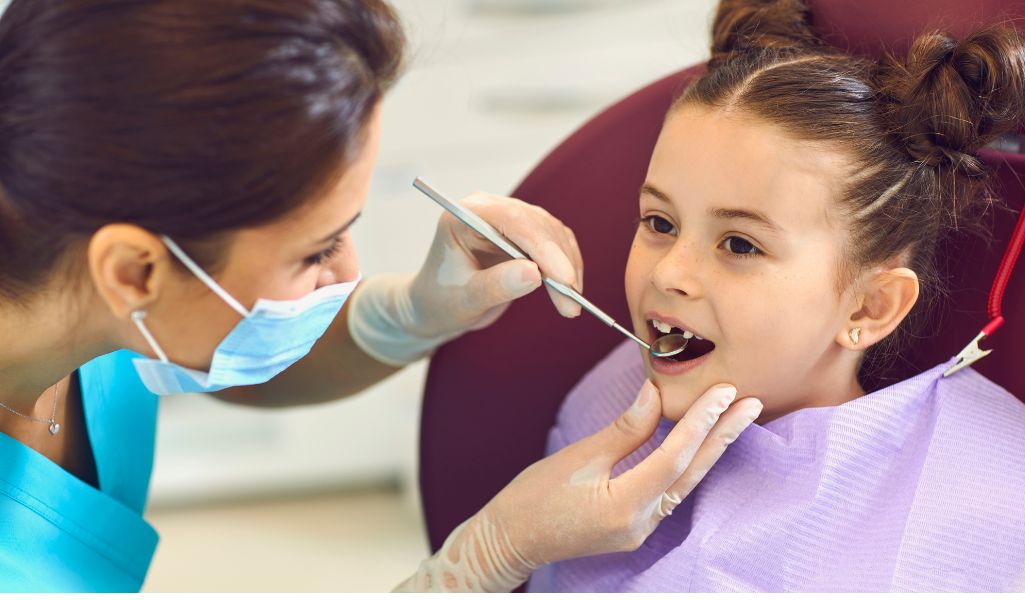
During the first visit, a pediatric dentist will:
• Examine your child’s teeth and gums for signs of early decay or infection.
• Provide guidance on proper oral care techniques for both parents and children.
• Offer advice on thumb-sucking, pacifier use, and teething.
While your child may not have all their teeth by the time of their first visit, setting up this early appointment helps lay the groundwork for a lifetime of good oral health.
There are several common dental issues that children may face, and a pediatric dentist is well-equipped to handle them. Early intervention can make a big difference in your child’s long-term dental health. Here are a few common issues:
1. Teething
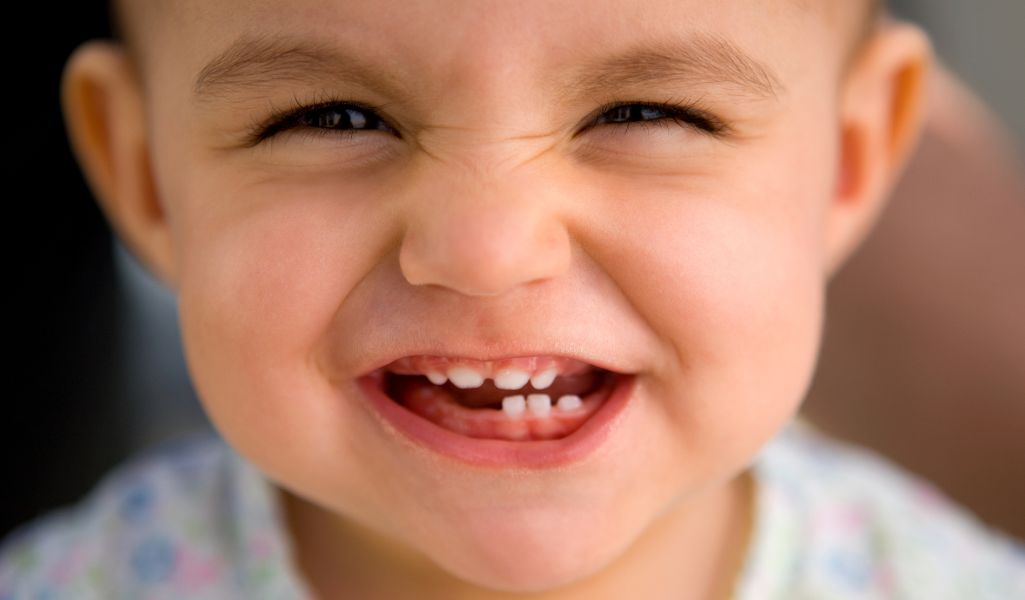
Teething can cause discomfort for babies and toddlers. A pediatric dentist can provide tips on how to alleviate discomfort through teething toys, cold compresses, or topical gels. If your child is having trouble with teething, seeking advice from a dentist can help make the process more manageable.
2. Thumb-Sucking and Pacifier Use
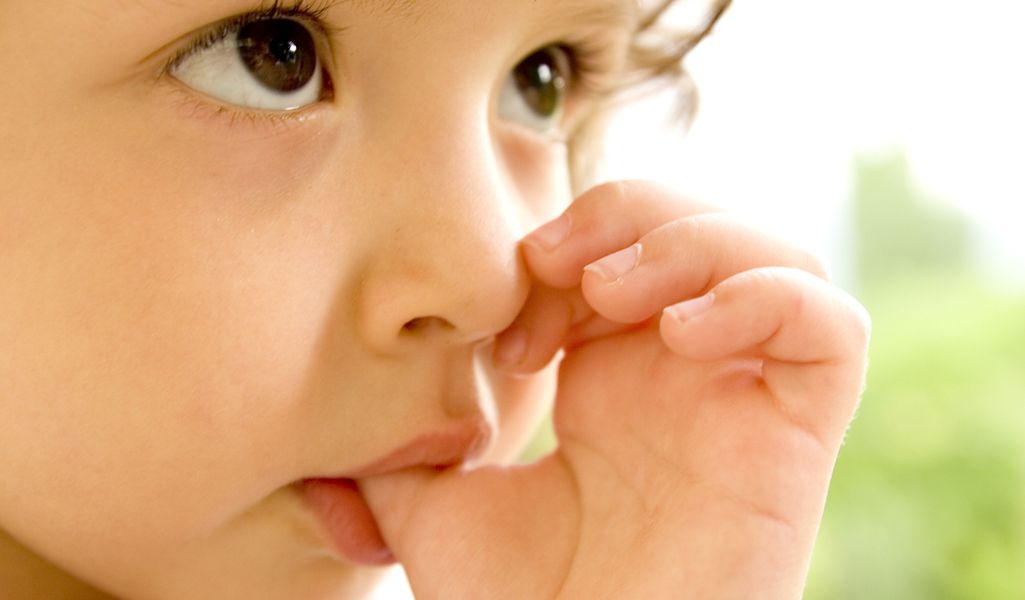
Thumb-sucking and pacifier use are common behaviors in young children. However, if these habits persist past the age of 3, they can lead to orthodontic problems like misaligned teeth. A pediatric dentist can offer advice on how to gently break these habits and ensure that your child's teeth develop properly.
3. Tooth Decay
As mentioned earlier, tooth decay can occur in baby teeth if they aren’t properly cared for. Pediatric dentists help prevent decay by providing fluoride treatments, sealants, and early detection of cavities. They can also educate parents on how to prevent cavities by limiting sugary foods and promoting good brushing habits.
